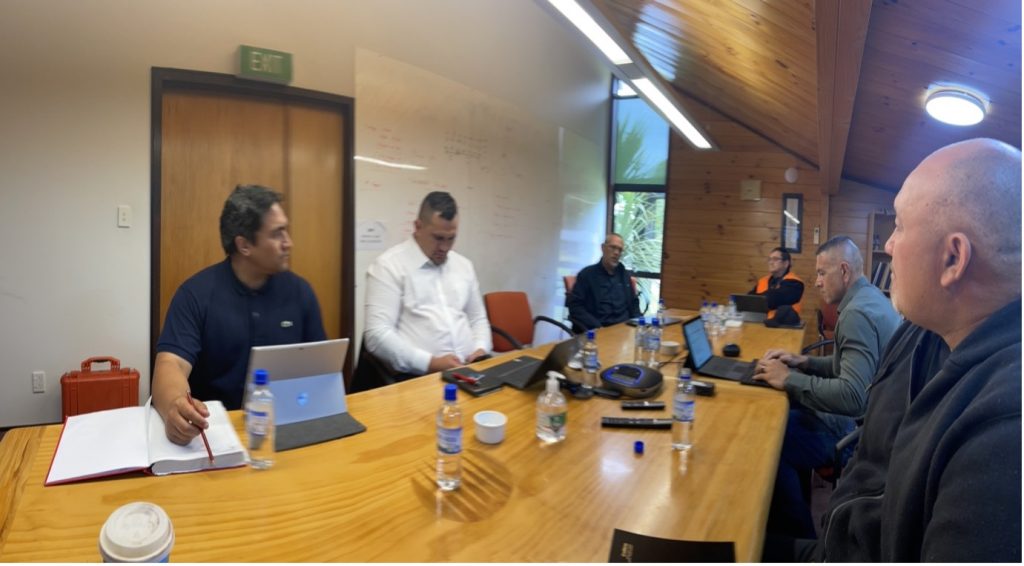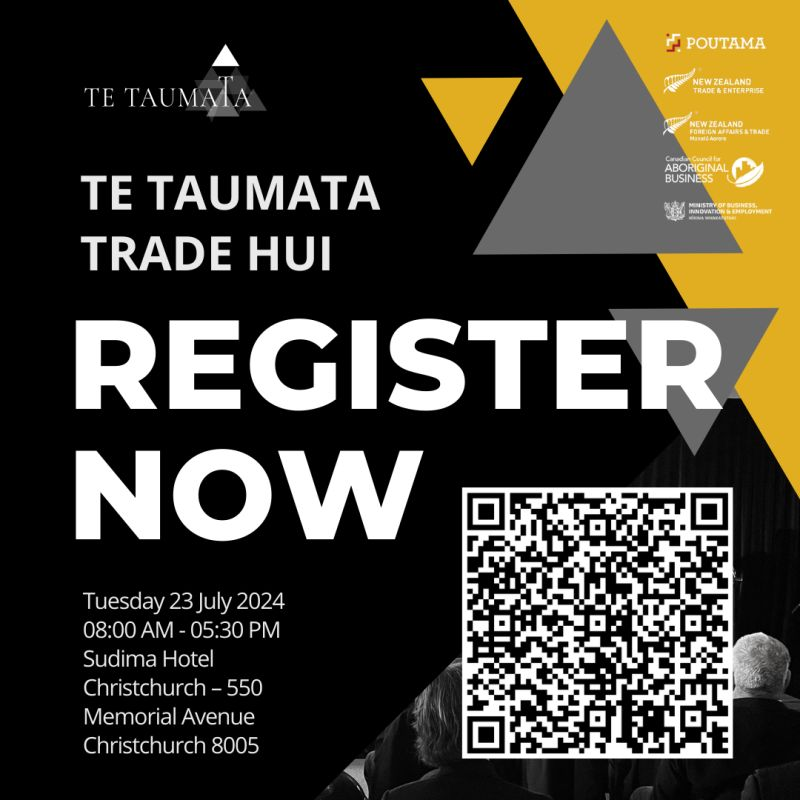A group of Māori forestry and other experts convened this week in Rotorua to develop a forestry practice that will be vital to unlocking more than $16 billion in value for the Māori economy.
The group, brought together by Te Taumata (Māori Forestry Landowners) and funded exclusively by Māori forestry interests, is working to establish a best practice model for permanent transitional forest management.
Transitional forests use exotic trees as a nurse crop for the development of a biodiverse indigenous environment over time while rapidly sequestering carbon to support our nation’s climate change commitments.
Chris Karamea Insley, Te Taumata chair, explains the practice is supported by more than four decades of scientific research in New Zealand.
“Combining that scientific research with mātauranga Māori and established forestry expertise has allowed us to create a world-first, indigenous-led model to deliver real value to the local economy while ensuring climate change is a fundamental part of modern forest practice.”
Mr Insley says that despite promising to act in partnership with Māori in a hui led by the late Sir Dr. Toby Curtis to develop a best practice model, the Government has been dragging its feet.
“This issue is too important to be left to languish, tied up in bureaucracy. At more than $16 billion of value to the Māori economy in terms of potential returns and additional investment, it is also vital that we don’t leave this intergenerationally transformative action hostage to the political whims of Wellington.”

Mr Insley says despite reaching an agreement with Ministers Stuart Nash and James Shaw at a specially convened hui in Wellington in June this year to establish and fund a technical working group in partnership, the Government has since stonewalled any attempts to make progress.
“Despite attempting to engage in good faith with Ministers and officials over the last six months, we have been frustrated in our attempts to make progress on developing this working group alongside the Government,” says Mr Insley.
“In the end, Māori have decided this is far too important an issue to play political games, and we have convened and funded our own group to undertake this work for the benefit of Māori.
“This world-class group of technical specialists will help inform forestry practice for generations to come. All Aotearoa will benefit from their work, but Māori, in particular, have much to gain from this kaupapa – and a great deal at stake if we do not act.”
One in four hectares of farmland operated by Māori is now in forestry, making forest interests one of the most significant economic and environmental issues for Tangata Whenua. As a result of colonialism, confiscations, and the land made available in treaty settlements, Māori also own some of the poorest land in the country – with 20 per cent covered in bush and scrub, compared to 8 per cent on the average New Zealand farm.
However, this land is more suitable for the needs of transitional forestry, which generally targets property in Land Use Class (LUC) 6 and above. It is estimated that Māori have between 700,000 and 1,200,000 ha of land suitable for transitional forestry.
“Like indigenous people around the world, Māori are among the most vulnerable to the impacts of climate change,” says Mr Insley. “The Government and the Climate Change Commission have also recognised that Māori will be the most disadvantaged in transitioning to a low carbon economy.
“We have made it very clear to the Government that Māori must have the right as its partner in Te Tiriti to determine how best to use our own lands to meet the needs of Iwi and Hāpu while doing as much as we can to insulate our people from the burning issue of climate change.
“We already carry much of the burden of Aotearoa’s climate action through our lands and forests. So, we refuse to stand still and wait while the Government dictates what should be done at their own pace and according to their own theories.
“We owe it to the late Sir Toby Curtis and our mokopuna to take action for the good of Māori and the benefit of all Aotearoa. We look forward to this technical working group being the first stage of an indigenous-led movement for self-determined climate action.”
The technical working group is being led by Te Kapunga Dewes, Whenua Oho CEO and Chair of Ngā Pou ā Tāne, the National Māori Forestry Association, who has more than two decades of leadership experience in the forestry and manufacturing sector.


